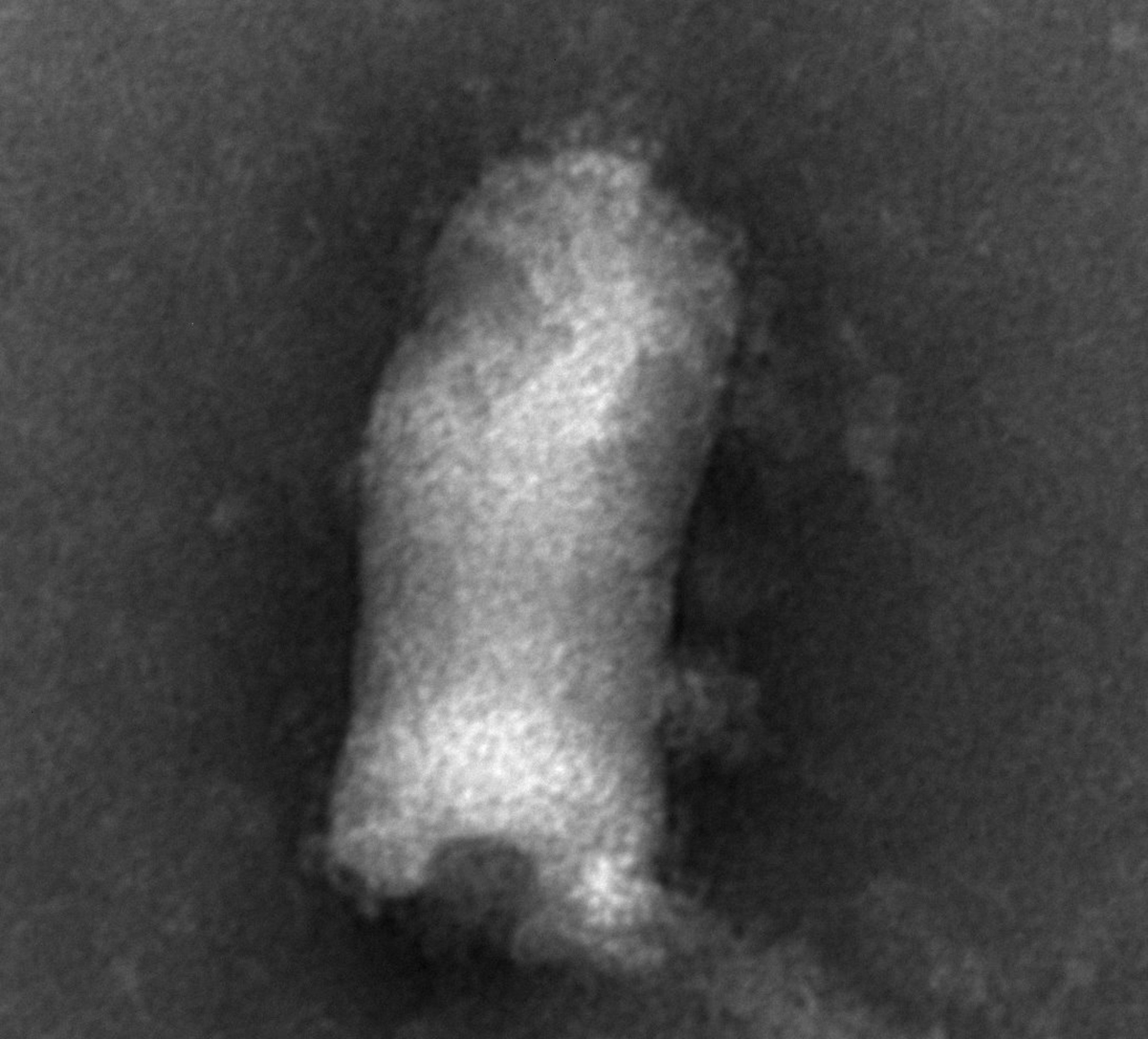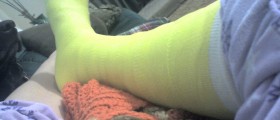
What is Septicemia?
In majority of cases bacteria that cause septicemia originate from infected cuts or wounds. The source of the bacteria includes infected surgical wounds, burns, inner surface of the uterus after the miscarriage, diabetic ulcers and so on. Bacteria may also originate from infected internal organs such as lungs or kidneys.
Symptoms and Signs of Septicemia
Septicemia features with increased body temperature followed with chills. The breathing is rapid as well as heart rate. The patient develops so called Facies Hippocratica which includes sharp nose, sunken eyes, cold ears and hard, dry and stretched skin of the face. The skin of the face is dusky or pale. Facies Hippocratica is common for shock or some other deadly conditions such as long illnesses, extreme hunger and so on and it is a sign of the near lethal outcome.
If septicemia progresses it can lead to septic shock and the patient additionally develops hypothermia, the blood pressure is abnormally low and the patient becomes confused. Septic shock is also followed by hypercoagulation.
Causes of Septicemia
There are more than few factors that contribute to development of septicemia. The first is infection of cuts and wounds. Namely, each and every cut or wound can get infected. Burns are for example very susceptible to infections. So through cuts and injuries bacteria can easily reach blood stream and lead to septicemia.
Internal injuries also increase the risk of septicemia. Intestinal perforations rupture or stomach injuries allow bacteria from the intestines to enter the blood stream.
People who are suffering from certain medical conditions are more prone to septicemia comparing to the healthy population. These conditions include diabetes, chronic liver, heart and kidney disease, undernourishment, and prolonged usage of antibiotics.
And finally, infections of oral cavity especially infections of the roots of the teeth can consequently lead to the spread of bacteria all over the body.
Unfortunately, if untreated properly and on time a patient develops septic shock. Both, septicemia and septic shock are potentially lethal and therefore have to be treated aggressively.

















Your thoughts on this
Loading...